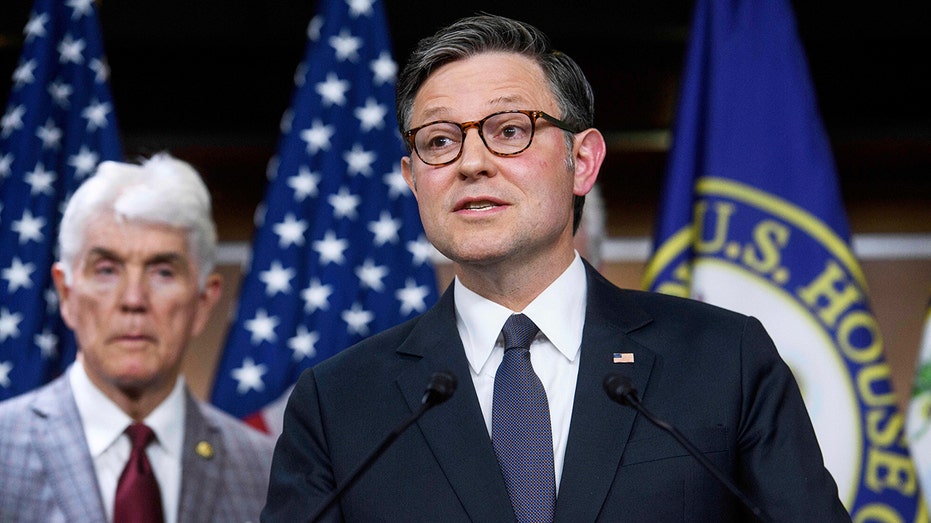Speaker Johnson and Rand Paul Clash Over 'Wimpy' Spending Cuts in Trump's Bill
Debate heats up on the "big, beautiful bill" as Speaker Johnson and Sen. Rand Paul clash over spending cuts and the debt ceiling Sunday.

House Speaker Mike Johnson, R-La., and Sen. Rand Paul, R-Ky., found themselves at odds this weekend over the scale of spending cuts and the management of the national debt in President Donald Trump's much-touted legislative package. The clash unfolded as Republicans worked to push through what they have called a "big, beautiful bill," which includes both spending reductions and a measure to extend the federal debt ceiling.
Appearing on "Fox News Sunday," Johnson defended the approach, emphasizing the critical need to extend the debt ceiling in order to avoid economic catastrophe. "It sounds like [Paul's] biggest objection is the fact that we are extending the debt ceiling. That's a critically important thing to do. We have to do it. We're not going to get any Democrats to assist on that," Johnson said. He continued, "So to get it through the Senate and make sure we don't crash the U.S. economy and default on our debts for the first time in history, it has to be part of the reconciliation package. And that's why President Trump and all the other Republicans in Congress, House and Senate, understand the necessity of this."
Johnson and Republican leaders have taken a victory lap after passing the bill in the House, describing it as a win for fiscal responsibility. However, dissent within the party has surfaced, most notably from Sen. Paul, who has long positioned himself as a fiscal hawk concerned about soaring government debt.
Paul, also featured on Sunday’s broadcast, reiterated his support for the 2017 tax cuts and their potential permanence, but lambasted the spending reductions in the new bill as insufficient. "I think the cuts currently in the bill are wimpy and anemic, but I still would support the bill, even with wimpy and anemic cuts, if they weren't going to explode the debt. The problem is the math doesn't add up," he argued.
According to Paul, the current House version of the bill could contribute to a $4 trillion increase in debt, while the Senate's proposals may reach $5 trillion. "There's got to be someone left in Washington who thinks debt is wrong and deficits are wrong and wants to go in the other direction," Paul added, signaling he would not support any version that would raise the debt ceiling by such a large margin.
Instead, Paul proposed an alternative: incrementally raising the debt ceiling by $500 billion every three months, a move he believes would compel Congress and the administration to address deficit concerns more directly and frequently. "The deficit is a threat to our country. I think it's the greatest threat to national security. And so I think you can't do this," Paul concluded.
With the national debt now surpassing $36 trillion, the debate has exposed deep divisions within the Republican Party over how best to tackle fiscal policy ahead of the November elections. While the House leadership is eager to celebrate the passage of Trump's legislative package, fiscal conservatives warn that the fight over the nation’s finances is far from resolved.




